 One of the beautiful aspects of the Narnia books is the ethereal, almost mystical quality that pervades the conversations Aslan has with the various children of the stories. To the extent that Aslan is Lewis’s literary vehicle for reflecting on the nature of God, these conversations are, I expect, very much like what Lewis’s own conversations with God must have been like, condensed and distilled to a child-like precision, and presented in the literary framework of the Narnian world. Even when I was a child coming to Narnia for the first time, it struck me that when the Golden Lion spoke, there was mystery and wonder, paradox and clarity, wisdom and delight in his voice, unlike anything I’d ever encountered before. It was at once somber and joyful, playful and impassive, stern and tender. As a grown reader, it strikes me that few works of literature I’ve come across have captured so vividly and so simply the experience of speaking to God in prayer and actually hearing him speak in return.
One of the beautiful aspects of the Narnia books is the ethereal, almost mystical quality that pervades the conversations Aslan has with the various children of the stories. To the extent that Aslan is Lewis’s literary vehicle for reflecting on the nature of God, these conversations are, I expect, very much like what Lewis’s own conversations with God must have been like, condensed and distilled to a child-like precision, and presented in the literary framework of the Narnian world. Even when I was a child coming to Narnia for the first time, it struck me that when the Golden Lion spoke, there was mystery and wonder, paradox and clarity, wisdom and delight in his voice, unlike anything I’d ever encountered before. It was at once somber and joyful, playful and impassive, stern and tender. As a grown reader, it strikes me that few works of literature I’ve come across have captured so vividly and so simply the experience of speaking to God in prayer and actually hearing him speak in return.Aslan never condemns, though at the same time, he entertains no self-deception. He insists on the truth, and yet so gently that the truth is only healing and transformative. He insists on full obedience, yet with such tenderness that obedience is a delight. He knows us fully, more truly than we know ourselves, yet he uses that knowledge never to shame or bully, but only to nurture us and strengthen us for his glory.
Every now and then as a pastor I get asked: does God really speak to us, and what is it like when he does? I’ve done my best to answer that question—his voice is one we learn to hear only by listening to it—but if one wanted to practice listening, one could do worse, I think, than to listen to how Aslan speaks to the children in Narnia, and what he says to them when he does.
Among the many samples I could turn to, consider:
Aslan on self-deception:
"Son of Adam," said the Lion. "There is an evil Witch abroad in my new land of Narnia. Tell these good Beasts how she came here."Aslan on grief:
A dozen different things that he might say flashed through Digory's mind, but he had the sense to say nothing except the exact truth.
"I brought her, Aslan," he answered in a low voice.
"For what purpose?"
"I wanted to get her out of my own world back into her own. I thought I was taking her back to her own place."
"How came she to be in your world, Son of Adam?"
"By—by Magic."
The Lion said nothing and Digory knew that he had not told enough.
"It was my Uncle, Aslan," he said. "He sent us out of our own world by magic rings, at least I had to go because he sent Polly first, and then we met the Witch ina place called Charn and she just held on to us when—"
"You met the Witch?" said Asian in a low voice which had the threat of a growl in it.
"She woke up," said Digory wretchedly. And then, turning very white, "I mean, I woke her. Because I wanted to know what would happen if I struck a bell. Polly didn't want to. It wasn't her fault. I—I fought her. I know I shouldn't have. I think I was a bit enchanted by the writing under the bell."
"Do you?" asked Asian; still speaking very low and deep.
"No," said Digory. "I see now I wasn't. I was only pretending."
"Son of Adam," said Aslan. "Are you ready to undo the wrong that you have done to my sweet country of Narnia on the very day of its birth?"Aslan on Obedience:
"Well, I don't see what I can do," said Digory. "You see, the Queen ran away and—"
"I asked, are you ready?" said the Lion.
"Yes," said Digory. He had had for a second some wild idea of saying "I'll try to help you if you'll promise to help my Mother," but he realized in time that the Lion was not at all the sort of person one could try to make bargains with. But when he had said "Yes," he thought of his Mother, and he thought of the great hopes he had had, and how they were all dying away, and a lump came in his throat and tears in his eyes, and he blurted out:
"But please, please—won't you—can't you give me something that will cure Mother?" Up till then he had been looking at the Lion's great feet and the huge claws on them; now, in his despair, he looked up at its face. What he saw surprised him as much as anything in his whole life. For the tawny face was bent down near his own and (wonder of wonders) great shining tears stood in the Lion's eyes. They were such big, bright tears compared with Digory's own that for a moment he felt as if the Lion must really be sorrier about his Mother than he was himself.
"My son, my son," said Aslan. "I know. Grief is great. Only you and I in this land know that yet. Let us be good to one another.”
A circle of grass, smooth as a lawn, met her eyes, with dark trees dancing all round it. And then—oh joy! For he was there: the huge Lion, shining white in the moonlight, with his huge black shadow underneath him. But for the movement of his tail he might have been a stone lion, but Lucy never thought of that. She never stopped to think whether he was a friendly lion or not. She rushed to him. She felt her heart would burst if she lost a moment. And the next thing she knew was that she was kissing him and putting her arms as far round his neck as she could and burying her face in the beautiful rich silkiness of his mane.Aslan on self-pity:
"Aslan, Aslan. Dear Aslan," sobbed Lucy. "At last."
The great beast rolled over on his side so that Lucy fell, half sitting and half lying between his front paws. He bent forward and just touched her nose with his tongue. His warm breath came all round her. She gazed up into the large wise face.
"Welcome, child," he said.
"Aslan," said Lucy, "you're bigger."
"That is because you are older, little one," answered he.
"Not because you are?"
"I am not. But every year you grow, you will find me bigger."
For a time she was so happy that she did not want to speak. But Aslan spoke.
"Lucy," he said, "we must not lie here for long. You have work in hand, and much time has been lost to-day."
"Yes, wasn't it a shame?" said Lucy. "I saw you all right. They wouldn't believe me. They're all so——"
From somewhere deep inside Aslan's body there came the faintest suggestion of a growl.
"I'm sorry," said Lucy, who understood some of his moods. "I didn't mean to start slanging the others. But it wasn't my fault anyway, was it?"
The Lion looked straight into her eyes.
"Oh, Aslan," said Lucy. "You don't mean it was? How could I—I couldn't have left the others and come up to you alone, how could I? Don't look at me like that ... oh well, I suppose I could. Yes, and it wouldn't have been alone, I know, not if I was with you. But what would have been the good?"
Aslan said nothing.
"You mean," said Lucy rather faintly, "that it would have turned out all right—somehow? But how? Please, Aslan! Am I not to know?"
"To know what would have happened, child?" said Aslan. "No. Nobody is ever told that."
"Oh dear," said Lucy.
“But anyone can find out what will happen," said Aslan. "If you go back to the others now, and wake them up; and tell them you have seen me again; and that you must all get up at once and follow me—what will happen? There is only one way of finding out."
"Do you mean that is what you want me to do?" gasped Lucy.
“Yes, little one," said Aslan.
"Will the others see you too?" asked Lucy.
"Certainly not at first," said Aslan. "Later on, it depends."
"But they won't believe me!" said Lucy.
"It doesn't matter," said Aslan.
"Who are you?" Shasta said, scarcely above a whisper.
"One who has waited long for you to speak," said the Thing. Its voice was not loud, but very large and deep.
"Are you—are you a giant?" asked Shasta.
"You might call me a giant," said the Large Voice. "But I am not like the creatures you call giants."
"I can't see you at all," said Shasta, after staring very hard. Then (for an even more terrible idea had come into his head) he said, almost in a scream, "You're not—not something dead, are you? Oh please—please do go away. What harm have I ever done you? Oh, I am the unluckiest person in the whole world?"
Once more he felt the warm breath of the Thing on his hand and face. "There," it said, "that is not the breath of a ghost. Tell me your sorrows."
Shasta was a little reassured by the breath: so he told how he had never known his real father or mother and had been brought up sternly by the fisherman. And then he told the story of his escape and how they were chased by lions and forced to swim for their lives; and of all their dangers in Tashbaan and about his night among the Tombs and how the beasts howled at him out of the desert. And he told about the heat and thirst of their desert journey and how they were almost at their goal when another lion chased them and wounded Aravis. And also, how very long it was since he had had anything to eat.
"I do not call you unfortunate," said the Large Voice.
"Don't you think it was bad luck to meet so many lions?" said Shasta.
"There was only one lion," said the Voice.
"What on earth do you mean? I've just told you there were at least two the first night, and——"
"There was only one: but he was swift of foot."
"How do you know?"
"I was the lion." And as Shasta gaped with open mouth and said nothing, the Voice continued. "I was the lion who forced you to join with Aravis. I was the cat who comforted you among the houses of the dead. I was the lion who drove the jackals from you while you slept. I was the lion who gave the Horses the new strength of fear for the last mile so that you should reach King Lune in time. And I was the lion you do not remember who pushed the boat in which you lay, a child near death, so that it came to shore where a man sat, wakeful at midnight, to receive you."
"Then it was you who wounded Aravis?"
"It was I."
"But what for?"
"Child," said the Voice, "I am telling you your story, not hers. I tell no-one any story but his own."
"Who are you?" asked Shasta.
"Myself," said the Voice, very deep and low so that the earth shook: and again "Myself," loud and clear and gay: and then the third time "Myself," whispered so softly you could hardly hear it, and yet it seemed to come from all round you as if the leaves rustled with it.




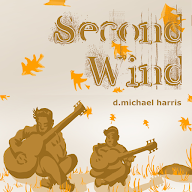
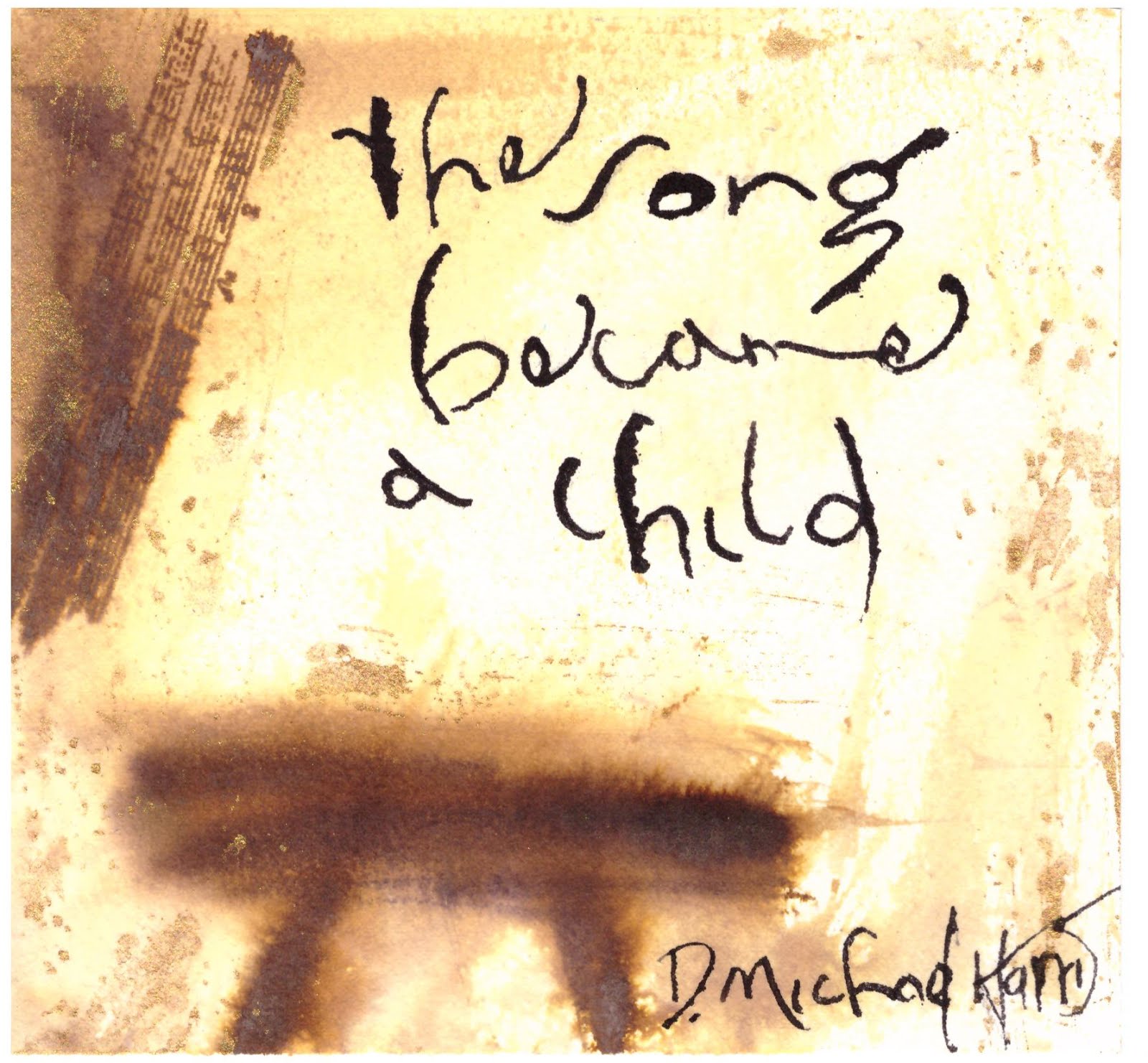


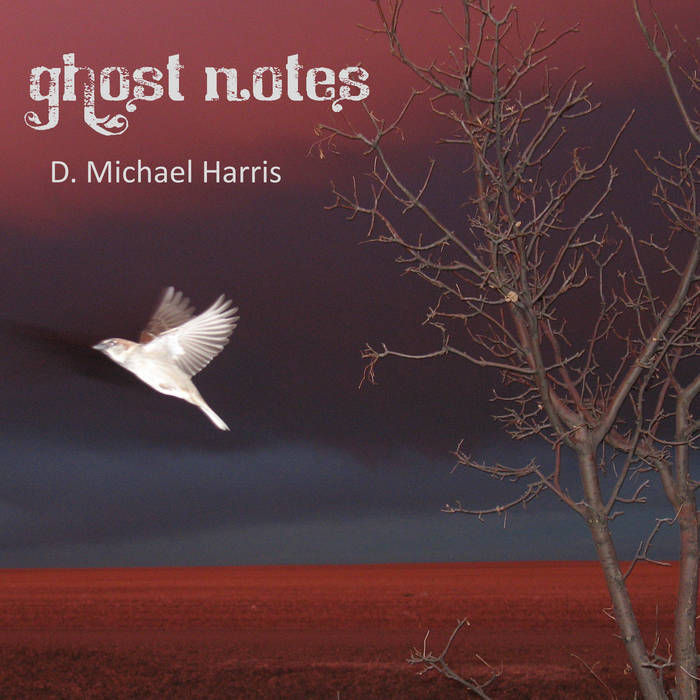
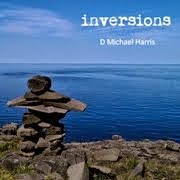



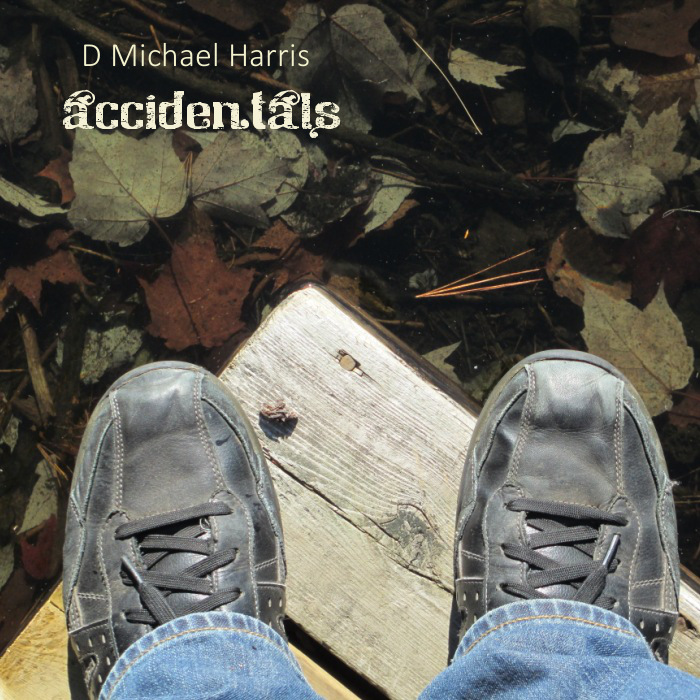








0 comments:
Post a Comment